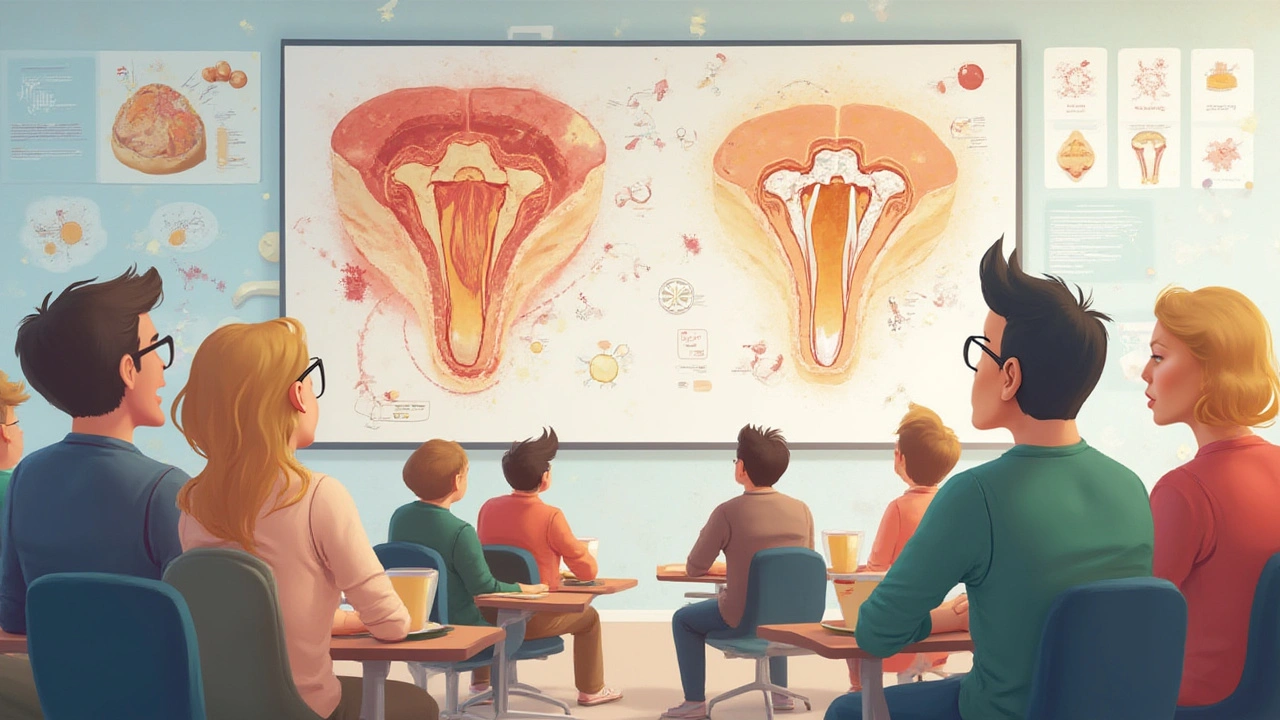Bone Health: Easy Ways to Keep Your Skeleton Strong
Did you know your bones are constantly rebuilding themselves? Every few years you lose a bit of bone mass, but the right habits can tip the balance toward stronger, healthier bones. Whether you’re 20 or 70, a few everyday choices can make a big difference. Below you’ll find straight‑forward advice you can start using right now.
Nutrition for Strong Bones
The foundation of bone health is the building blocks you eat. Calcium is the star player – aim for 1,000 mg a day if you’re under 50, and 1,200 mg once you hit 51. Dairy is the classic source, but fortified plant milks, leafy greens like kale, and canned salmon with bones work just as well. Vitamin D helps your body soak up calcium, so get about 600–800 IU daily from sunlight, fatty fish, or a modest supplement.
Don’t forget magnesium and vitamin K2. Magnesium, found in nuts and whole grains, supports the crystal formation that makes bone dense. Vitamin K2, in fermented foods such as natto or some cheeses, directs calcium to the right places. If you’re unsure about getting enough, Price Pages has easy guides on calcium and vitamin D supplements, plus price comparisons to keep costs low.
Movement and Lifestyle Tips
Weight‑bearing exercise is like a workout for your skeleton. Walking, jogging, dancing, or climbing stairs forces bones to bear load, signaling them to grow stronger. Aim for 30 minutes a day, three to five times a week. Resistance training – think dumbbells or body‑weight squats – adds extra stimulus, especially for the hips and spine where fractures are most common.
Avoid habits that sabotage bone health. Smoking reduces blood flow to bone tissue, and excess alcohol (more than two drinks a day) interferes with calcium balance. Keep caffeine moderate – a couple of cups are fine, but over‑doing it can increase calcium loss.
Some prescription meds can thin bones, like long‑term steroids or certain anti‑seizure drugs. If you’re on any of these, talk to your doctor about bone‑protective options. Price Pages offers clear, up‑to‑date info on medications that affect bone density, so you can ask the right questions at your next appointment.
Finally, get your bone density checked if you have risk factors such as a family history of osteoporosis, early menopause, or a past fracture. Knowing your baseline helps you and your doctor decide whether you need a supplement or a medication tweak.
Put these pieces together: a calcium‑rich diet, regular weight‑bearing activity, limited alcohol, no smoking, and smart medication choices. Stick with them, and you’ll give your bones the best chance to stay strong for life. Check out the rest of the Bone Health tag on Price Pages for deeper dives into specific supplements, exercise routines, and medication guides.

Prednisolone Steroid Use: Long-Term Effects on Bone and Metabolism
Breaking down prednisolone’s long-term impact on bone health and metabolism, plus strategies to reduce risks for people who rely on steroids.